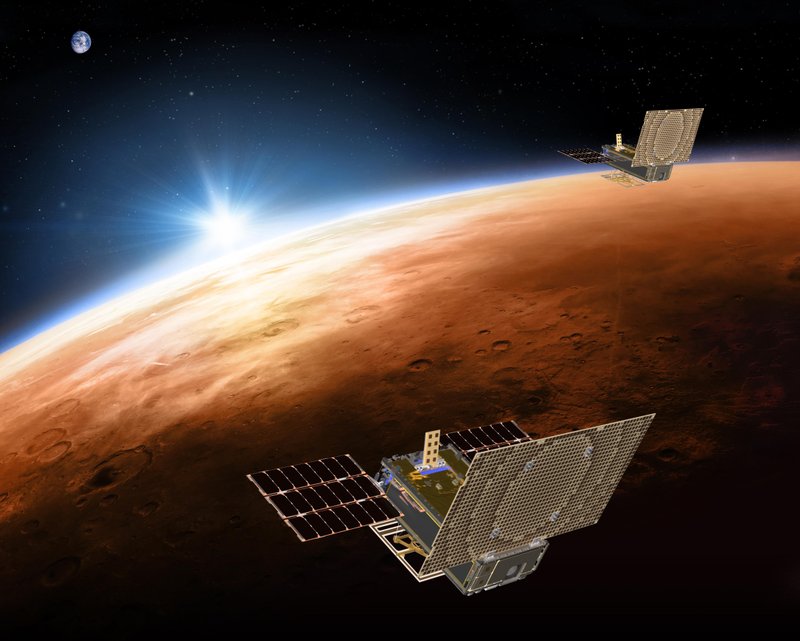A Canadian scientist is calling for action to protect significant geological and historical features on the moon, Mars, and other planets.

Jack Matthews, of Memorial University of Newfoundland, says as nations and private companies increasingly explore and develop outer space, there’s a growing threat to extraterrestrial environments.
READ MORE: Halifax council votes to increase role of science advisors in city decision-making

Get daily National news
He says a global agreement to protect the most important sites is needed before it’s too late.
Matthews, a post-doctoral fellow in Memorial’s Department of Earth Sciences, and Sean McMahon of the U.K. Centre for Astrobiology have just published a paper on the topic.
Matthews says their proposal wouldn’t stand in the way of exploration or resource development, but would protect places like Valles Marineris – known as the Mars version of the Grand Canyon – and the Apollo 11 moon landing site, where humans first stepped on another celestial body.
READ MORE: Q & A with planetary science professor Sara Seager
He says it could take years to produce an agreement, so discussion and debate needs to start now.







Comments